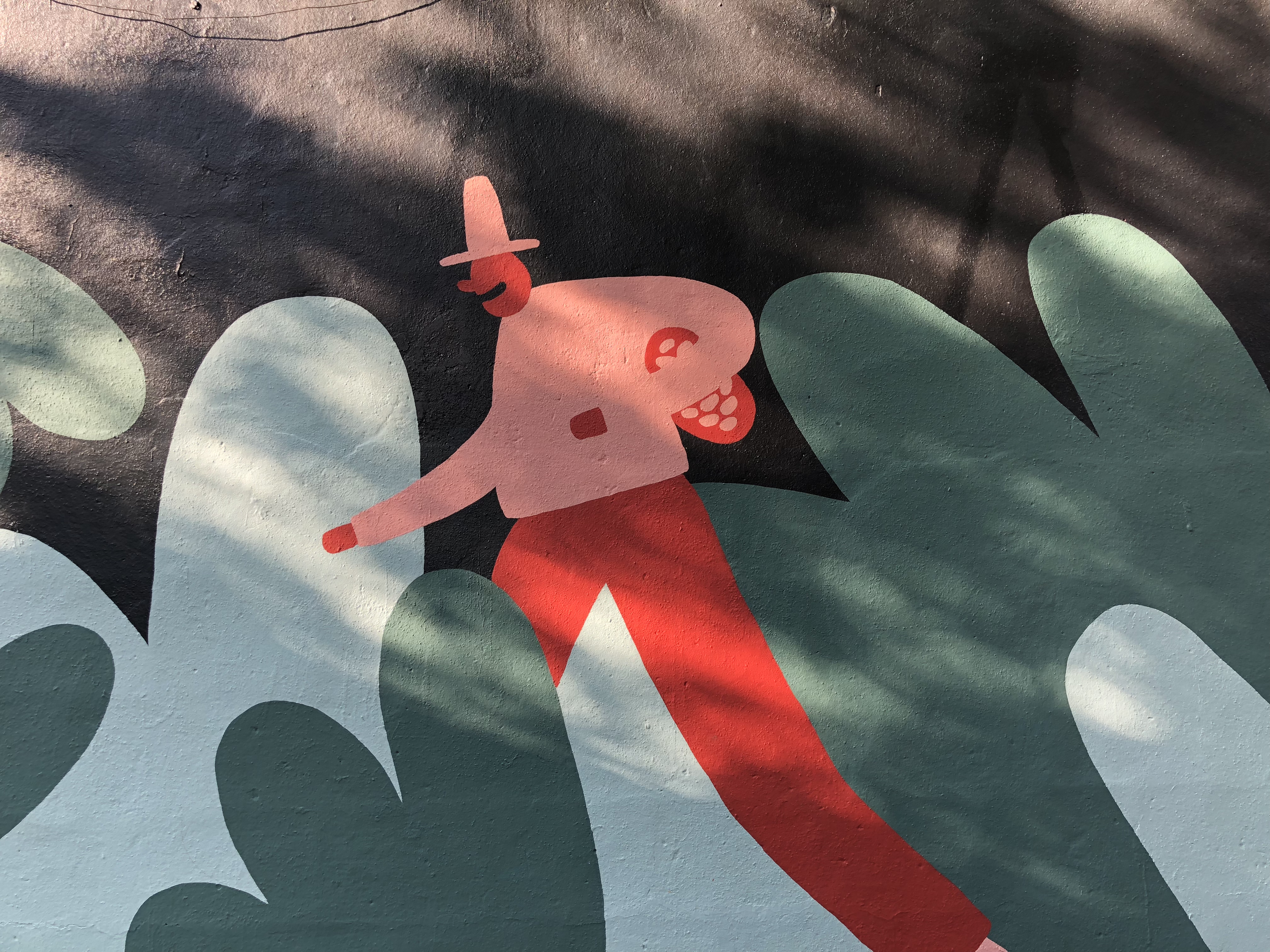
The two roads
What are we? What do we do? What will we become? It is quite rare for us to ask ourselves these questions. They usually arise during times of crisis, when a hurricane comes to whip up life when the ocean swells immensely, but also, sometimes, when everything seems calm on the surface when under miles of oblivion a threatening plasma moves that we readily ignore.
We appear to be the victims of our destiny, the planetary rhythms imitate our consciousness. At the dawn of his sixtieth birthday, he is in synchrony with the return of Saturn, trying to make choices, softening his desires. The other, in his fifties, saw Pluto shake his ego, inviting him to dive into what he had been doing since childhood. And what about the one who alienates the West because he is disproportionately sure that he can finally do what he wants as if he had become king or Icarus?
But what do we really want? What do we have to achieve? Do we have to do something in the first place?
Isn’t the mystery of this existence still opaque since our synapses learned to create the world in our image? Where is this planet going? What is its light, its meaning? What does this music to which we dream, we dance mean? Why doesn’t youth care and old-age care?
I am still here, walking and asking myself too often, probably unconsciously, these same questions. What have I achieved in my life? And why is that?
But why do they also want me to stop asking myself these questions? Suggest I don’t worry about it? That it’s not worth it?
Oh, really? Is this useless?
Ah! Big deal. We cannot say that, because that would be knowing all the answers to the universe.
It is necessary to nourish a sankalpa, to say the yogic tradition, to plant in his consciousness the seeds of will while accepting his destiny.
> *When you first begin to work with sankalpa, the practice can seem full of contradictions. You start by identifying what you want, but the only way to realize it is to acknowledge that you already are it, and already have it. You set specific goals, and you commit to breaking habits. But at every opportunity to act in line with these goals, you must first acknowledge that you are already perfect and whole.*
>
> *According to Rod Stryker, this apparent contradiction is the essence of both sankalpa practice and nondual teachings. “It all goes back to this idea that each of us is both being and becoming. There’s the part of us, para atman, that is transcendent, inherently one, and doesn’t need anything. We also have a jiva atman, that part of us that comes into life with a purpose and a destiny and is always becoming.” Stryker explains that to fulfill your dharma, you must find a way to integrate these two seemingly opposite aspects of being. “It’s vital for happiness that you walk both paths simultaneously. Direct your energy with intention, but be mindful that your nature is unchanged whether you achieve your goals or not. Live as contentedly as possible in between the goal and realizing the goal.”*
>
> (https://yogainternational.com/article/view/how-to-create-a-sankalpa)
That’s it, you have to walk. I’m on vacation for two weeks. This is a good thing. I could walk all the will in my legs. I have kittens to give too. I can’t get away from home. Even without cats, I wouldn’t do it. My walk is probably somewhere else. It is to be done on two paths.

